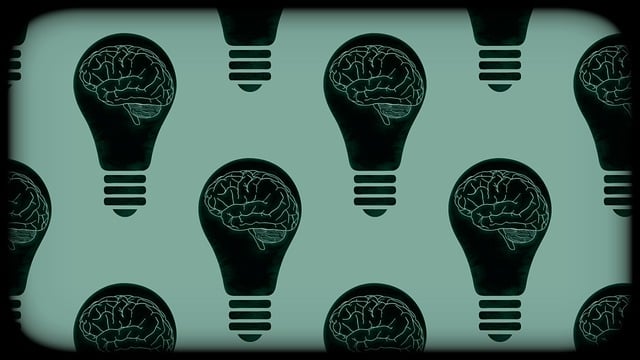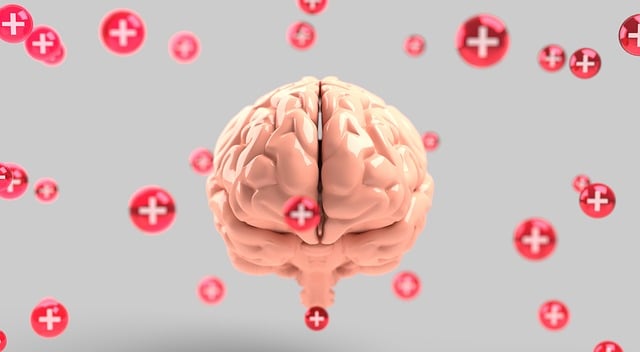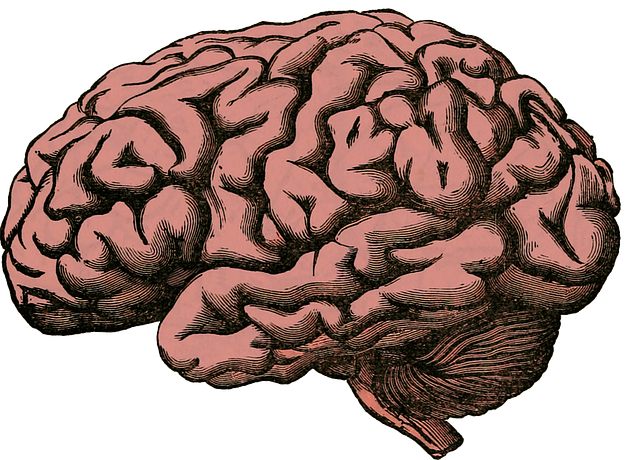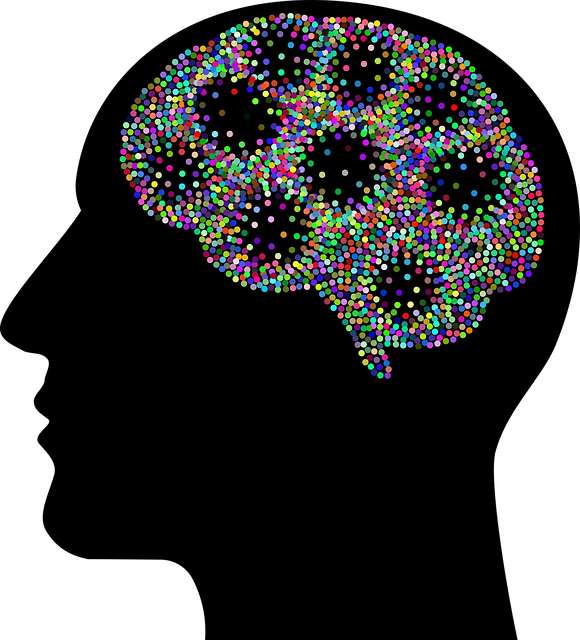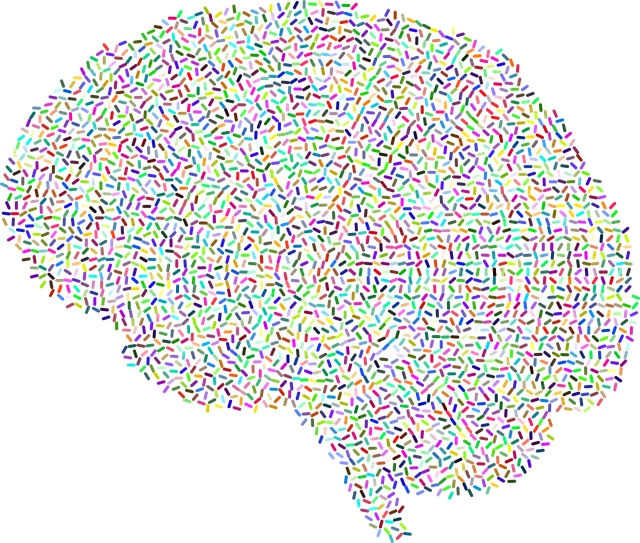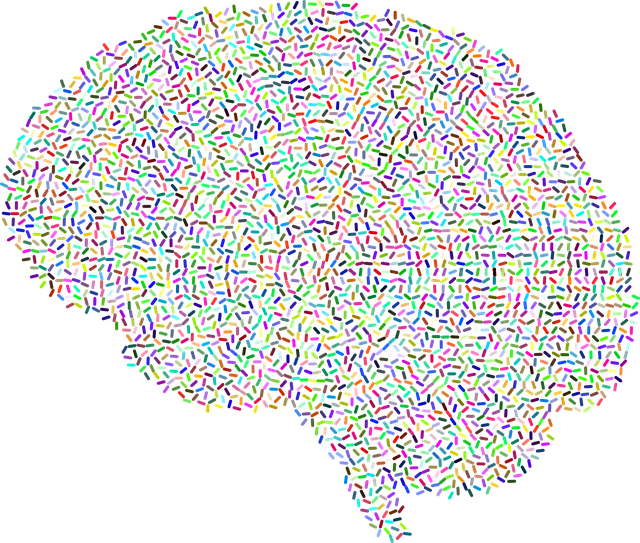Mental Health Crisis Hotlines, accessible 24/7, offer immediate support and assessment, serving as a bridge to long-term care like Greenwood Village Dialectical Behavioral Therapy (DBT). DBT provides structured skills for emotion regulation, impulsive behavior reduction, and relationship improvement, effective for conditions like borderline personality disorder or severe depression. Accessing hotlines strategically can lead to personalized self-care routines, risk management plans, and connections to comprehensive mental health services in Greenwood Village.
In today’s fast-paced world, mental health crisis hotline support services are more crucial than ever. These 24/7 resources offer immediate assistance and guidance during times of intense emotional distress. The article explores the effectiveness of Dialectical Behavioral Therapy (DBT) in crisis intervention, highlighting its role in Greenwood Village as a hub for specialized DBT services. Learn how to access these services, understand their benefits, and navigate a path to improved mental well-being.
- Understanding Mental Health Crisis Hotlines
- The Role of Dialectical Behavioral Therapy (DBT) in Crisis Support
- How to Access and Utilize These Services Effectively
- Greenwood Village: A Hub for DBT Crisis Intervention Services
Understanding Mental Health Crisis Hotlines

Mental Health Crisis Hotlines serve as vital resources for individuals experiencing intense emotional distress or a mental health crisis. These 24/7 services provide immediate support and guidance, connecting people with trained professionals who can offer assessment, crisis intervention, and appropriate referral options. At Greenwood Village Dialectical Behavioral Therapy (DBT), we recognize the importance of these hotlines in complementing traditional therapy practices.
By offering a safe and non-judgmental space for individuals to express their feelings, hotlines foster self-awareness exercises and emotional healing processes, particularly effective in burnout prevention strategies for healthcare providers. They act as a bridge between acute crises and long-term support, ensuring that those in need can access immediate relief while also guiding them towards ongoing treatment plans.
The Role of Dialectical Behavioral Therapy (DBT) in Crisis Support

In moments of intense emotional turmoil, individuals facing mental health crises often require specialized support to navigate through their challenges. Here, Dialectical Behavioral Therapy (DBT) emerges as a powerful tool in crisis support services. DBT, now widely recognized and provided in Greenwood Village, offers a structured approach to help individuals manage emotions, reduce impulsive behaviors, and improve interpersonal relationships. This therapy is particularly effective for those dealing with complex mental health issues, such as borderline personality disorder or severe depression, by teaching essential skills in emotional regulation, distress tolerance, effective communication, and conflict resolution techniques.
Beyond crisis intervention, DBT integrates mental illness stigma reduction efforts, fostering a supportive environment where individuals can openly discuss their struggles without fear of judgment. The structured nature of this therapy allows participants to learn practical communication strategies, enabling them to express their needs and emotions healthily. By equipping individuals with these valuable skills, DBT empowers them to better cope with future crises, promoting long-term mental wellness.
How to Access and Utilize These Services Effectively

Accessing mental health crisis hotline support services can seem daunting, but with a strategic approach, individuals can leverage these resources effectively. For those seeking Greenwood Village Dialectical Behavioral Therapy (DBT) or related therapeutic interventions, reaching out to dedicated hotlines is a pivotal first step. These services often provide immediate assistance and guide users towards appropriate care.
To maximize benefits, individuals should prepare by noting down their current emotional state and specific triggers. Sharing this information with the hotline professionals enables tailored support. Moreover, discussing self-care routine development for better mental health or risk management planning for mental health professionals can be part of these conversations. Hotline operators are trained to offer valuable insights while connecting users with relevant therapy options, such as Social Skills Training, ensuring a comprehensive and effective support experience.
Greenwood Village: A Hub for DBT Crisis Intervention Services

Greenwood Village stands out as a beacon of hope for individuals facing mental health crises, offering specialized services in Dialectical Behavioral Therapy (DBT). This therapeutic approach, designed to help people regulate emotions, manage distress, and improve interpersonal effectiveness, is particularly effective in crisis intervention. The village’s focus on DBT reflects its commitment to empowering residents with the tools needed for positive thinking and inner strength development.
By integrating these evidence-based practices, Greenwood Village mental health crisis hotline support services not only provide immediate relief but also foster long-term resilience. Through comprehensive programs that encompass mental health education, individuals gain valuable insights into their emotional responses, enabling them to navigate life’s challenges more effectively. This holistic approach ensures that the village continues to be a dynamic hub for those seeking crisis intervention and personal growth.
Mental health crisis hotline support services, particularly those incorporating Dialectical Behavioral Therapy (DBT) like those offered in Greenwood Village, play a vital role in addressing immediate distress and fostering long-term well-being. By providing accessible resources and expert guidance, these services navigate individuals through crises, offering a lifeline when it matters most. For those seeking effective intervention, understanding how to access and utilize these resources is crucial, ensuring that help is available for all who need it.


